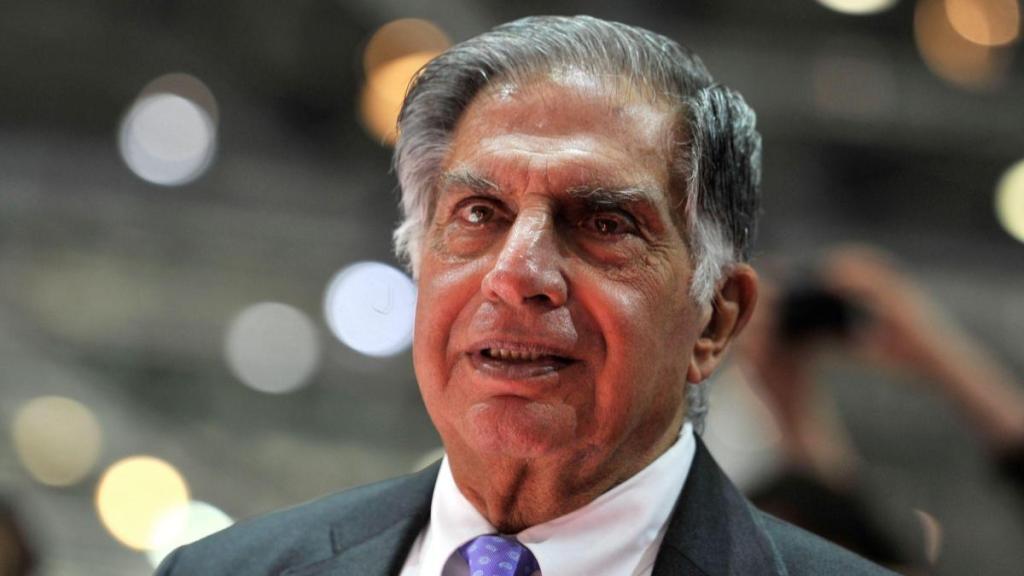By Ravi Kant
My association with Ratan Tata in a way has got broken and, in a way, will continue forever.
Mr Tata was a quiet person; he wouldn’t say much. But I learned to understand him over a period of time. Without him uttering a word, I observed his body language and saw what exactly was running in his mind. And in that way he was a very fascinating person because he gave a lot of space to everybody.
He was not the kind of person who would start micro-managing. He had a very broad picture in mind. He was not constrained by how things were at that point in time and always looked beyond. He always thought of next opportunities and the big things that might emerge.
He was not an incrementalist and was a ‘big-bang change’ person. He infected everyone with that same flavour. I was fortunate to have had the opportunity to see some things the way he was seeing and go on to implement them.
Those people who took it, benefited, those who thought he was trying to have a pie in the sky, they did not understand and many times people thought like that. But he proved them wrong.
Like it was the case when Tata Motors, a predominantly a commercial vehicle making company, decided to dive into car-making. But Tata felt that the company should go for car making which will improve the quality and mindset of the people, and even for CVs. And along the way create something unique to India and make it happen in such a way that people will begin to respect it. Getting respect for the competency of people in the company, of the talent in India was something he felt from the inside.
This is the reason why we went after Daewoo and Jaguar Land Rover, which were bold risks only he could take. We proved the skeptics wrong. We did not follow the western principle of having a 100 day-plan and obliterating all traces of their presence.
As much as Tatas were part of the Indian scenario, we should be a part of the South Korean scenario and that reflected on our behaviour and thinking. And this is how we let the management run the company. And the same template we used at JLR. We had the people to run the company and decide their future. The general temptation is when you buy a company, you seize control of it but we did not do that. It did not mean that we didn’t hold them to objectives like budgets etc, but we gave them space, independence and freedom.
But the relationship, of course, was not easygoing all the time. There were difficult situations also. Like when Tata Motors clocked the biggest loss (of `500 crore) in corporate history. He still had faith and trust in the team and kept backing them up. This was a clear sign of outstanding leadership.
Tata listened to everybody. In a meeting, he would listen to the juniormost engineer and if he was making a sensible suggestion, he would discuss it further, irrespective of whether somebody liked it or not. He showed how to spot opportunities.
Making people see the big picture and opportunity, building trust and supporting people were some qualities that one would identify Ratan Tata with. Along the way you build an inherently powerful organisation. He was not someone who would give orders and this changed the whole environment.
For example, I did not know the four-wheeler industry. He must have seen something (in me). Initially, it was very tough but kept backing me up and that’s what gave me confidence.
Let me share another anecdote. When we were buying Daewoo, we were one of the ten bidders and there was a time when I felt that the price we were coming to was slightly more than what we thought we should be paying for.
I told him (Ratan Tata) that there is a bit of a challenge on the pricing terms. What do you propose we do? His answer was ‘Ravi, it depends on how much you want this company.’
This was his answer. He trusted you with a responsibility that you will take the right decisions based on the available circumstances. He gave you the freedom to act but act responsibly.
(As told to Swaraj Baggonkar)
The author is Former vice chairman at Tata Motors

